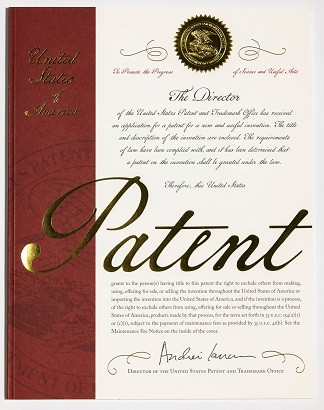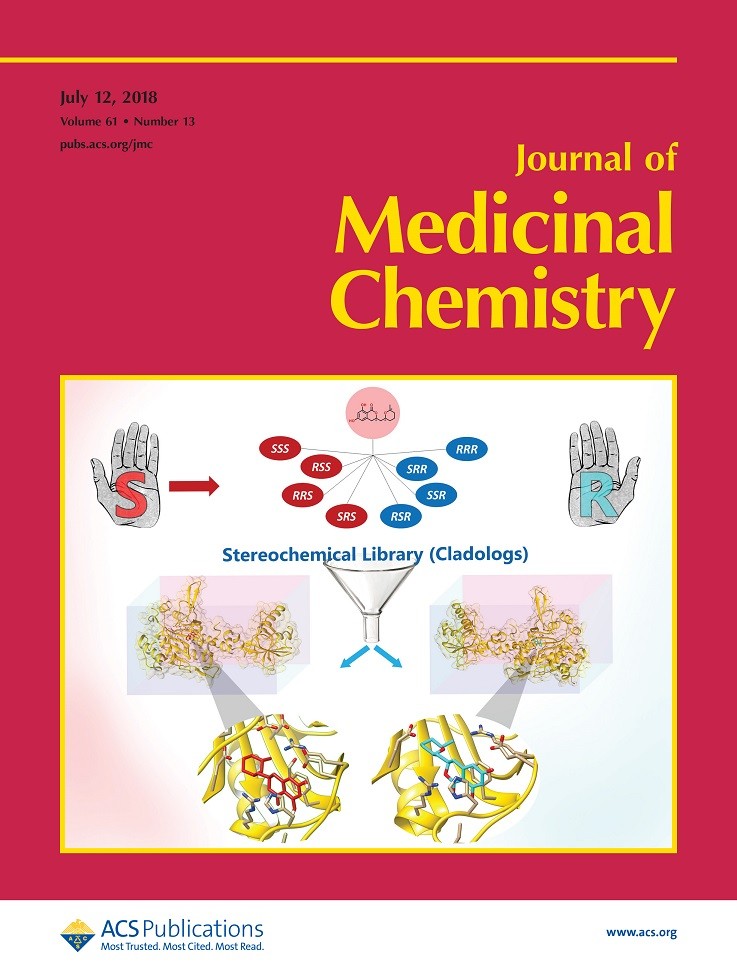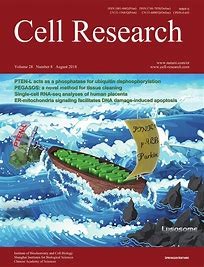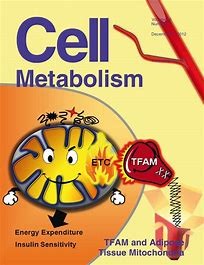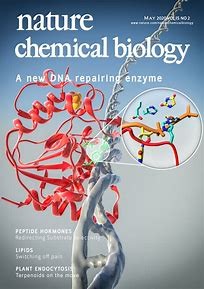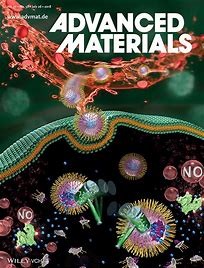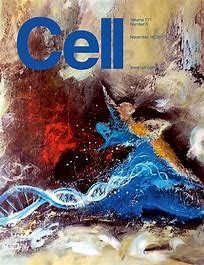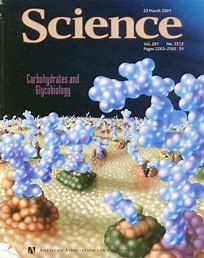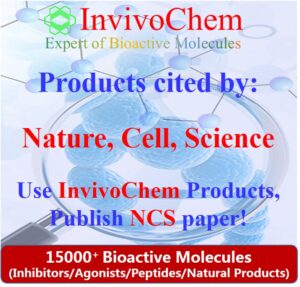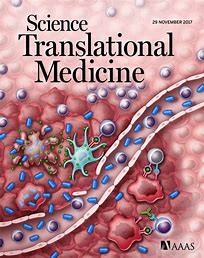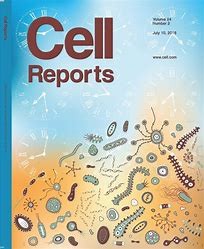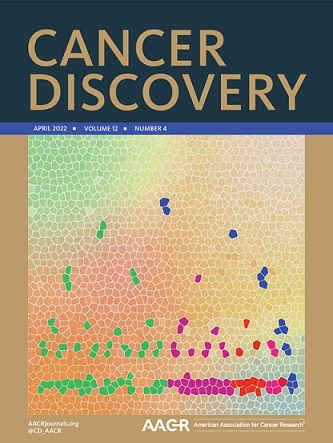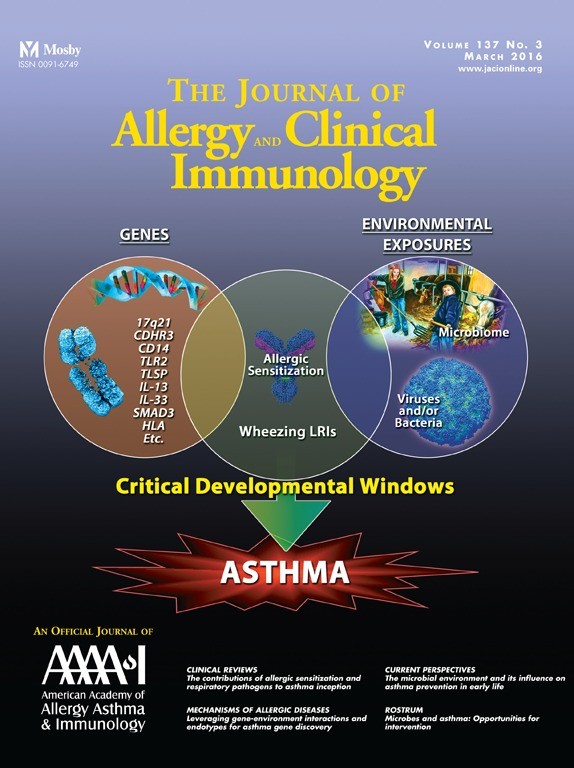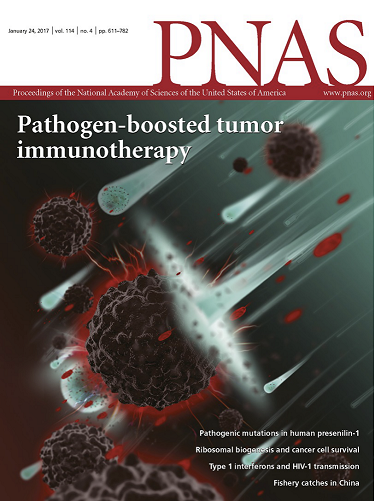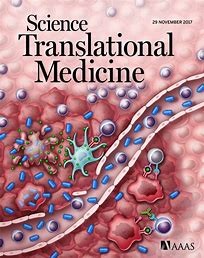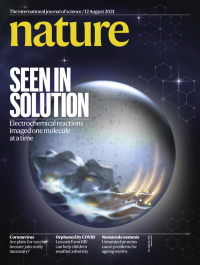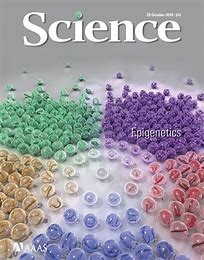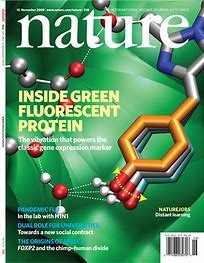NH125
This product is for research use only, not for human use. We do not sell to patients.
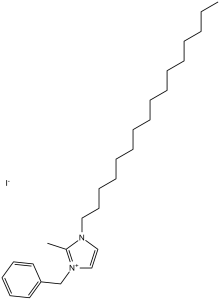
For small sizes, please check our retail website as below: www.invivochem.com
| Size | Price | Stock |
|---|---|---|
| 100mg | $750 | Check With Us |
| 250mg | $1350 | Check With Us |
| 500mg | $2025 | Check With Us |
Cat #: V1297 CAS #: 278603-08-0 Purity ≥ 98%
Description: NH125 (NH-125; NH 125) is a potent and selective eEF-2 (eukaryotic elongation factor 2) kinase inhibitor with antibacterial activity against various Gram-positive and -negative bacteria.
Top Publications Citing Invivochem Products
Publications Citing InvivoChem Products
Product Promise

- Physicochemical and Storage Information
- Protocol
- Related Biological Data
- Stock Solution Preparation
- Quality Control Documentation
| Molecular Weight (MW) | 524.56 |
|---|---|
| Molecular Formula | C27H45IN2 |
| CAS No. | 278603-08-0 |
| Storage | -20℃ for 3 years in powder formr |
| -80℃ for 2 years in solvent | |
| Solubility In Vitro | DMSO: 100 mg/mL (190.6 mM)r |
| Water:<1 mg/mLr | |
| Ethanol: 100 mg/mL (190.6 mM) | |
| Synonyms | NH-125; NH 125; NH125 |
| Protocol | In Vitro | NH125 inhibits eEF-2 kinase activity (IC50 = 60 nM) in vitro, blocks the phosphorylation of eEF-2 in intact cells, and shows relative selectivity over other protein kinases: protein kinase C (IC50 = 7.5 μM), protein kinase A (IC50 = 80 μM), and calmodulin-dependent kinase II (IC50 > 100 μM). NH125 decreases the viability of 10 cancer cell lines with IC50s ranging from 0.7 to 4.7 μM. Forced overexpression of eEF-2 kinase in a glioma cell line produces 10-fold resistance to NH125. In conclusion, these results suggest that identification of potent inhibitors of eEF-2 kinase may lead to the development of new types of anticancer drugs |
|---|
These protocols are for reference only. InvivoChem does not
independently validate these methods.
| Solvent volume to be added | Mass (the weight of a compound) | |||
|---|---|---|---|---|
| Mother liquor concentration | 1mg | 5mg | 10mg | 20mg |
| 1mM | 1.9064 mL | 9.5318 mL | 19.0636 mL | 38.1272 mL |
| 5mM | 0.3813 mL | 1.9064 mL | 3.8127 mL | 7.6254 mL |
| 10mM | 0.1906 mL | 0.9532 mL | 1.9064 mL | 3.8127 mL |
| 20mM | 0.0953 mL | 0.4766 mL | 0.9532 mL | 1.9064 mL |
The molarity calculator equation
Mass(g) = Concentration(mol/L) × Volume(L) × Molecular Weight(g/mol)
Mass
=
Concentration
×
Volume
×
Molecular Weight*
The dilution calculator equation
Concentration(start)
×
Volume(start)
=
Concentration(final)
×
Volume(final)
This equation is commonly abbreviated as: C1 V1 = C2 V2
Concentration(start)
C1
×
Volume(start)
V1
=
Concentration(final)
C2
×
Volume(final)
V2
Step One: Enter information below
Dosage mg/kg
Average weight of animals g
Dosing volume per animal µL
Number of animals
Step Two: Enter the in vivo formulation
%DMSO
+
%
+
%Tween 80
+
%ddH2O
Calculation Results:
Working concentration:
mg/ml;
Method for preparing DMSO master liquid:
mg
drug pre-dissolved in
µL
DMSO(Master liquid concentration
mg/mL)
,Please contact us first if the concentration exceeds the DMSO solubility of the batch of drug.
Method for preparing in vivo formulation:
Take
µL
DMSO master liquid, next add
µL
PEG300, mix and clarify, next add
µL
Tween 80,mix and clarify, next add
µL
ddH2O,mix and clarify.
Note:
- (1) Please be sure that the solution is clear before the addition of next solvent. Dissolution methods like vortex, ultrasound or warming and heat may be used to aid dissolving.
- (2) Be sure to add the solvent(s) in order.
